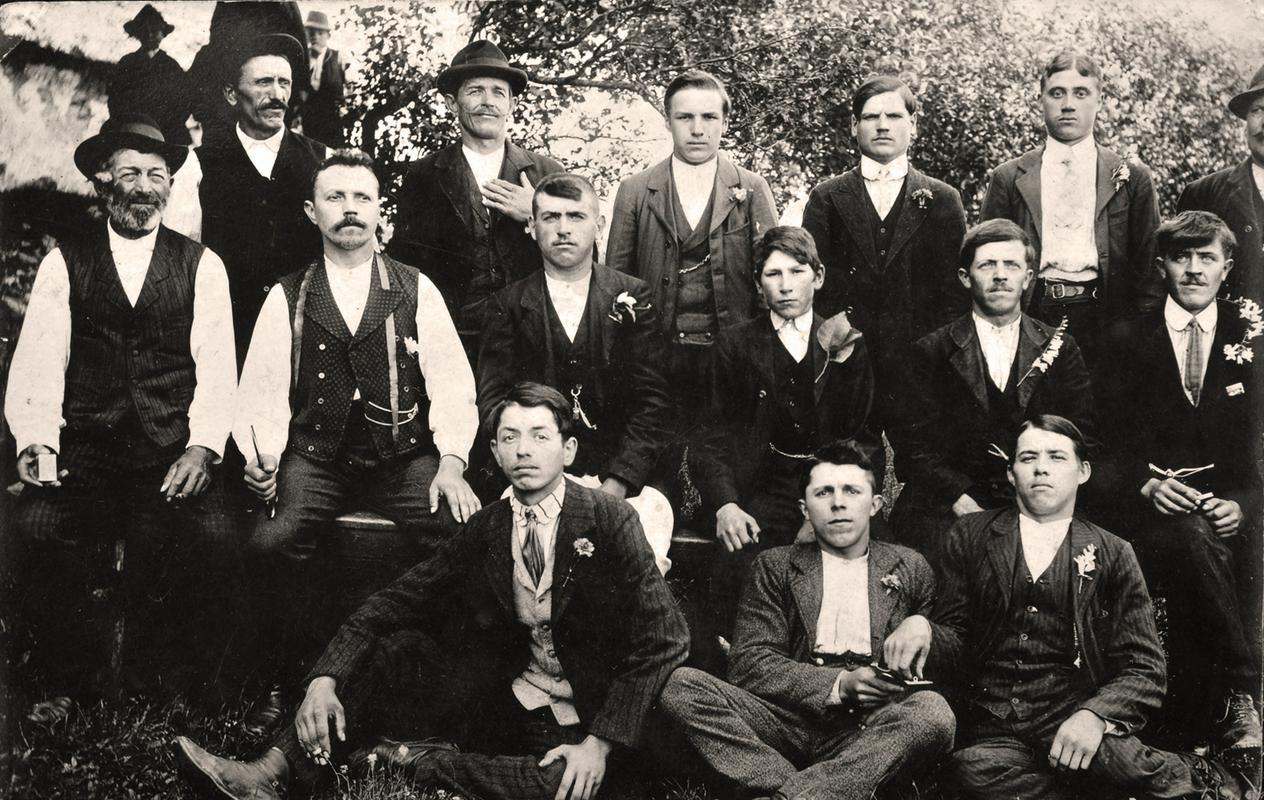
22 years old Alojzij Polh, locally the family was named Paljan from Barka, was drafted already in 1914, and sent to the front Austro-Hungarian Empire fought against Russia. Soon he was wounded, and his family had already been informed that he had been killed on the front when his letter arrived.
Dear brother! Dear Family! My dearest parents! I am informing you that I have been transferred to another hospital, and that my wound is getting worse. I have lost a lot of blood, mixed with pus and water. I might not have long to live. I still trust in God that I will see my beloved home land again. I was wounded on August 26, and I have been in bed for 42 days. I might have recovered already had I remained in the same hospital, but the move made it worse. My injury was not very severe, but blood and pus have ruined my leg: it has been bleeding for 40 days now. God's will be done. This might be my final greetings to you. I am sending you a lot of kisses and warm greetings – to my family and my relatives, and to all the boys and girls back home. I am resigned to God's will. Another kiss to all of you! God be with you, my beloved home village! If not on this world, we will meet again up there. I am sending one more kiss and a lot of warm greetings to all of you. Don't grieve if we don't see each other again. But perhaps dear God will keep me alive, and I will see you again. God be with you, and don't grieve!
– Alojzij Polh, Moscow, Nikolaevskie (Nicholas) Barracks 442, 8. 10, 1914
Alojzij never came back from the Russian captivity. Nor did his brother Karol Polh, born in 1884, missing since 1915, while the third Polh brother Anton, born in 1896, died from the consequences of war in 1920.
160,000 to 180,000 soldiers from the Slovenian territory went to war, and it is estimated that at least 35,000 of them never returned. Regretfully, the precise numbers are unknown.
Alojzij's letter to his brother, published in a newspaper, was saved, together with the photography, by his great-nephew Primož Polh.


































































